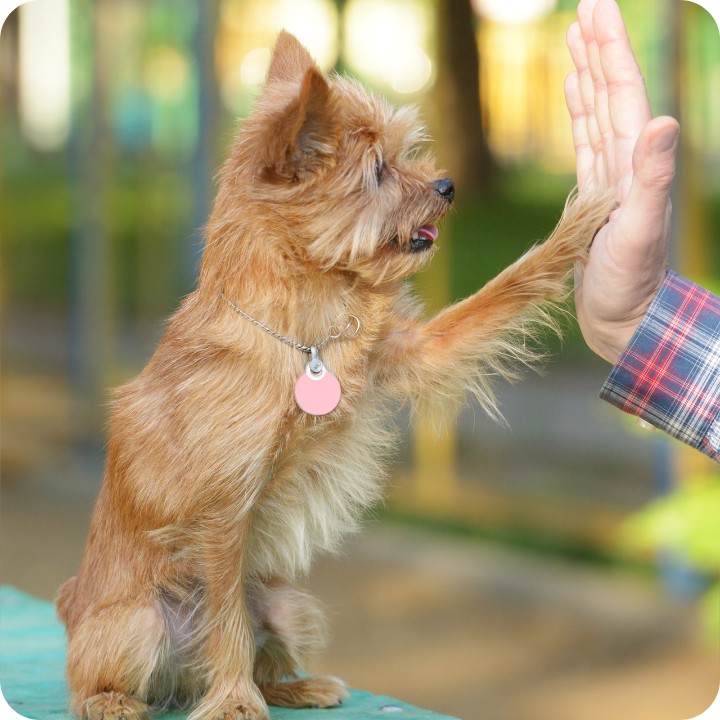
Basic Training vs. Behavioral Therapy:
Think of basic training as teaching your pet good manners: sit, stay, come, and leash walking. It's about obedience and establishing a foundation for good behavior. Behavioral therapy, on the other hand, addresses underlying emotional or psychological issues that cause problem behaviors. It's about understanding why your pet is acting a certain way and developing a plan to change those behaviors. For example, while basic training can teach a dog not to pull on the leash, behavioral therapy might address the anxiety that causes the pulling in the first place.


